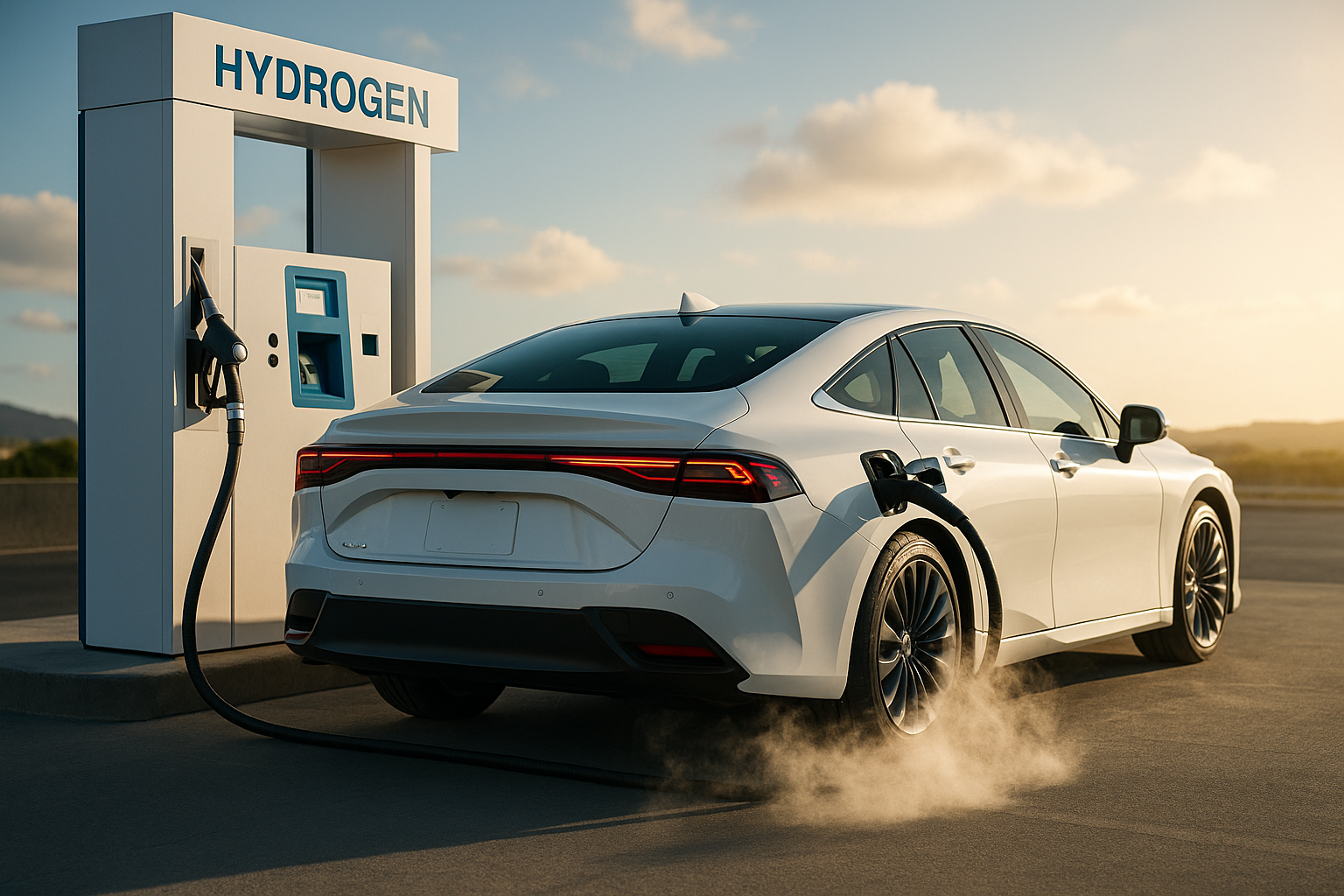Riding the Wave of Hydrogen Fuel Cell Vehicles
Introduction: Imagine cruising down the highway in a car that emits nothing but water vapor. No gasoline, no diesel, just pure, clean energy. This isn't a far-off dream, but a reality being pursued by automakers today. This exploration takes us into the transformative world of hydrogen fuel cell vehicles.

A History of Hydrogen Power
The concept of hydrogen as a fuel source isn’t new. It was first proposed in the 19th century, but the technology needed to harness this energy was lacking. The birth of hydrogen fuel cell technology came in the mid-20th century, but it wasn’t until the 1990s that automakers began to seriously consider hydrogen as a viable fuel source. Since then, the development of hydrogen fuel cell vehicles has been a steady progression, with a handful of models now available on the market.
Understanding the Technology
Hydrogen fuel cell vehicles (FCVs) utilize a complex process to generate power. At its core, a fuel cell combines hydrogen and oxygen to produce electricity. This electricity then powers an electric motor, which propels the vehicle. The only by-product of this process? Water vapor. The absence of harmful emissions makes FCVs an appealing alternative to traditional combustion engines.
The Current State of Hydrogen Vehicles
While FCVs are not yet mainstream, several automakers have released models that showcase the possibilities of this technology. Toyota, Honda, and Hyundai have all introduced hydrogen-powered cars, and other manufacturers are poised to follow suit. However, for all the promise of FCVs, there are still hurdles to overcome. One of the biggest challenges is the lack of infrastructure, particularly hydrogen refueling stations.
The Impact and Future Potential
The benefits of hydrogen fuel cell vehicles are significant. They offer the potential for zero-emission driving, without the range limitations associated with electric vehicles. Additionally, hydrogen can be produced domestically from a variety of sources, reducing dependency on foreign oil. Yet, the road ahead is not without challenges. Infrastructure development is critical, as is making the technology more affordable for consumers.
The Road Ahead
The future of hydrogen fuel cell vehicles is promising but uncertain. As the technology continues to evolve, so too will the possibilities for hydrogen-powered transportation. The journey is just beginning, but with continued innovation and investment, hydrogen could play a pivotal role in the future of sustainable automotive technology.
In conclusion, hydrogen fuel cell vehicles represent a fascinating intersection of innovation and sustainability in the automotive world. As we look towards a future of cleaner, greener transportation, the potential of hydrogen power is certainly a topic worth exploring.




